Table of Contents
Biological Sciences Dissertation Topics
If you’re stepping into your dissertation journey, picking the right topic is the first big move. Biological sciences is a wide and exciting field, so you’ll want a research idea that’s original, relevant, and interesting to you. To help spark ideas, here’s a list of 105 dissertation topics across different areas of biology.
Genetics and Genomics
- Genetic variations influencing resistance to viral infections
- The role of microRNAs in regulating gene expression in cancer cells
- Analysing mitochondrial DNA to trace human evolution
- Gene editing with CRISPR: ethical and scientific perspectives
- Exploring genetic links to obesity and metabolic disorders
- Comparative genomics of primates to study brain evolution
- Impact of single nucleotide polymorphisms on drug response
- Genomic approaches to studying endangered species
- Horizontal gene transfer in bacteria and its impact on evolution
- Identifying genetic markers for early detection of Alzheimer’s disease
Molecular Biology
- Protein folding disorders and their link to neurodegeneration
- The role of heat shock proteins in stress response
- Investigating molecular pathways in stem cell differentiation
- RNA interference as a therapeutic tool
- Signal transduction in cancer progression
- The molecular basis of antibiotic resistance in bacteria
- Structure-function relationships in membrane proteins
- DNA repair mechanisms and their role in preventing cancer
- Epigenetic regulation of embryonic development
- Protein engineering for enzyme design
Need a custom Biological Sciences Dissertation Topic? Send our experts a message on WhatsApp +44 744 191 5956 for a FREE personalised topic or contact us here: Get Free Topic!
Microbiology
- The role of gut microbiota in mental health
- Bacterial biofilms in hospital-acquired infections
- Phage therapy as an alternative to antibiotics
- Microbial contributions to soil fertility
- Virulence factors in pathogenic fungi
- Antibiotic resistance genes in agricultural soils
- Microbiome shifts during pregnancy
- The role of archaea in extreme environments
- Probiotics in prevention of gastrointestinal disorders
- Microbial degradation of plastics in oceans
Immunology
- T-cell exhaustion in chronic viral infections
- Role of cytokines in autoimmune diseases
- Immunotherapy for melanoma treatment
- Vaccine development against emerging pathogens
- The gut-immune system connection
- Innate immunity in plants and its applications
- B-cell development and antibody diversity
- The role of natural killer cells in tumour suppression
- Autoantibodies in systemic lupus erythematosus
- Immune checkpoints in cancer treatment
Ecology and Environment
- Climate change and coral reef biodiversity
- Pollinator decline and its impact on agriculture
- Effects of invasive species on freshwater ecosystems
- Conservation genetics of endangered birds
- The role of keystone species in ecosystem stability
- Urbanisation and its impact on biodiversity
- Forest fragmentation and its impact on wildlife populations
- Soil microbial diversity and carbon cycling
- The role of wetlands in mitigating climate change
- Ecotoxicology of pesticides in aquatic ecosystems
Evolutionary Biology
- Evolution of antibiotic resistance in bacterial populations
- Adaptive radiation in island species
- Co-evolution of parasites and hosts
- The role of sexual selection in speciation
- Evolutionary origins of photosynthesis
- Genetic drift in small populations
- Evolutionary basis of human cooperation
- Molecular evidence for common ancestry among vertebrates
- The evolution of flight in insects and birds
- Comparative genomics of ancient hominids
Neuroscience
- Neural mechanisms of memory consolidation
- The impact of sleep on brain plasticity
- Neurobiology of addiction and reward pathways
- The role of glial cells in brain development
- Brain-machine interfaces: future directions
- Neurodegenerative diseases and protein misfolding
- The gut-brain axis in psychiatric disorders
- Functional imaging in language processing
- The role of dopamine in motivation and learning
- Genetic basis of neurological disorders
Biotechnology and Applied Biology
- Stem cell therapy for spinal cord injury
- Biotechnological approaches to crop improvement
- Synthetic biology for renewable energy production
- Industrial enzyme production through recombinant DNA
- Tissue engineering using biomaterials
- Bioplastics as sustainable alternatives
- The role of biosensors in medical diagnostics
- Advances in vaccine production technology
- Genetic engineering of plants for stress tolerance
- Biofuels from microalgae
Developmental Biology
- Embryonic stem cells and organogenesis
- Genetic regulation of limb development
- The role of morphogens in tissue patterning
- Comparative embryology of vertebrates
- Developmental basis of congenital heart diseases
- Maternal factors influencing early embryonic development
- Neural crest cells in craniofacial development
- Epigenetic regulation of foetal growth
- Hormonal control of metamorphosis in amphibians
- Placental development and maternal-foetal interaction
Plant Biology
- Photosynthetic efficiency under stress conditions
- Role of mycorrhizal fungi in plant nutrient uptake
- Genetic engineering for drought resistance in crops
- Phytoremediation of heavy metals by plants
- Plant secondary metabolites in medicine
- Role of phytohormones in seed germination
- Impact of climate change on plant-pollinator interactions
- Plant immunity against fungal pathogens
- Chloroplast DNA in studying plant evolution
- The role of stomata in regulating transpiration
Marine Biology
- Ocean acidification and its effect on shell-forming organisms
- Behavioural adaptations of deep-sea fish
- Marine microbial communities and carbon cycling
- Coral bleaching and reef restoration strategies
- Tracking whale migration with satellite technology
Still unsure or need expert guidance? Get Dissertation Help from trusted specialists and make your research journey stress-free today!
Explore Top Dissertation Topics
Find relevant dissertation topics across various academic fields. Select your area of study and start exploring ideas for undergraduate, master’s, or PhD research.
Law Dissertation Topics
Finance Dissertation Topics
Nursing Dissertation Topics
History Dissertation Topics
Accounting Dissertation Topics
Philosophy Dissertation Topics
Mechanical Dissertation Topics
Biochemistry Dissertation Topics
Computer Sciences & IT Dissertation Topics
Micro & Macroeconomics Dissertation Topics
Chemistry Dissertation Topics
Earth & Marine Sciences Dissertation Topics
Economics Dissertation Topics
Health Sciences Dissertation Topics
Psychology Dissertation Topics
Literature Dissertation Topics
Journalism Dissertation Topics
Marketing & Advertising Dissertation Topics
Pharmacy & Pharmacology Dissertation Topics
Media Studies & Publishing Dissertation Topics
Medicine & Surgery Dissertation Topics
Art & Design Dissertation Topics
Political Science Dissertation Topics
Business & Management Dissertation Topics
Geography Dissertation Topics
Archaeology Dissertation Topics
Mathematics Dissertation Topics
Religion & Theology Dissertation Topics
Education Dissertation Topics
Banking & Finance Dissertation Topics
Social Sciences Dissertation Topics
Criminology Dissertation Topics
Project Management Dissertation Topics
Data Science Dissertation Topics
Statistics Dissertation TopicsPharmacy & Pharmacology Dissertation Topics
Religion & Theology Dissertation Topics
Jurisprudence Dissertation Topics
Leadership Dissertation Topics
Audit and Taxation Dissertation Topics
Clinical Psychology Dissertation Topics
Fashion and Media Dissertation Topics
Communication Strategies Dissertation Topics
Immunology Dissertation Topics
Econometrics Dissertation Topics
Dissertation Topics For Masters
Dissertation Topics For Bacholars
Dissertation Topics For Phd

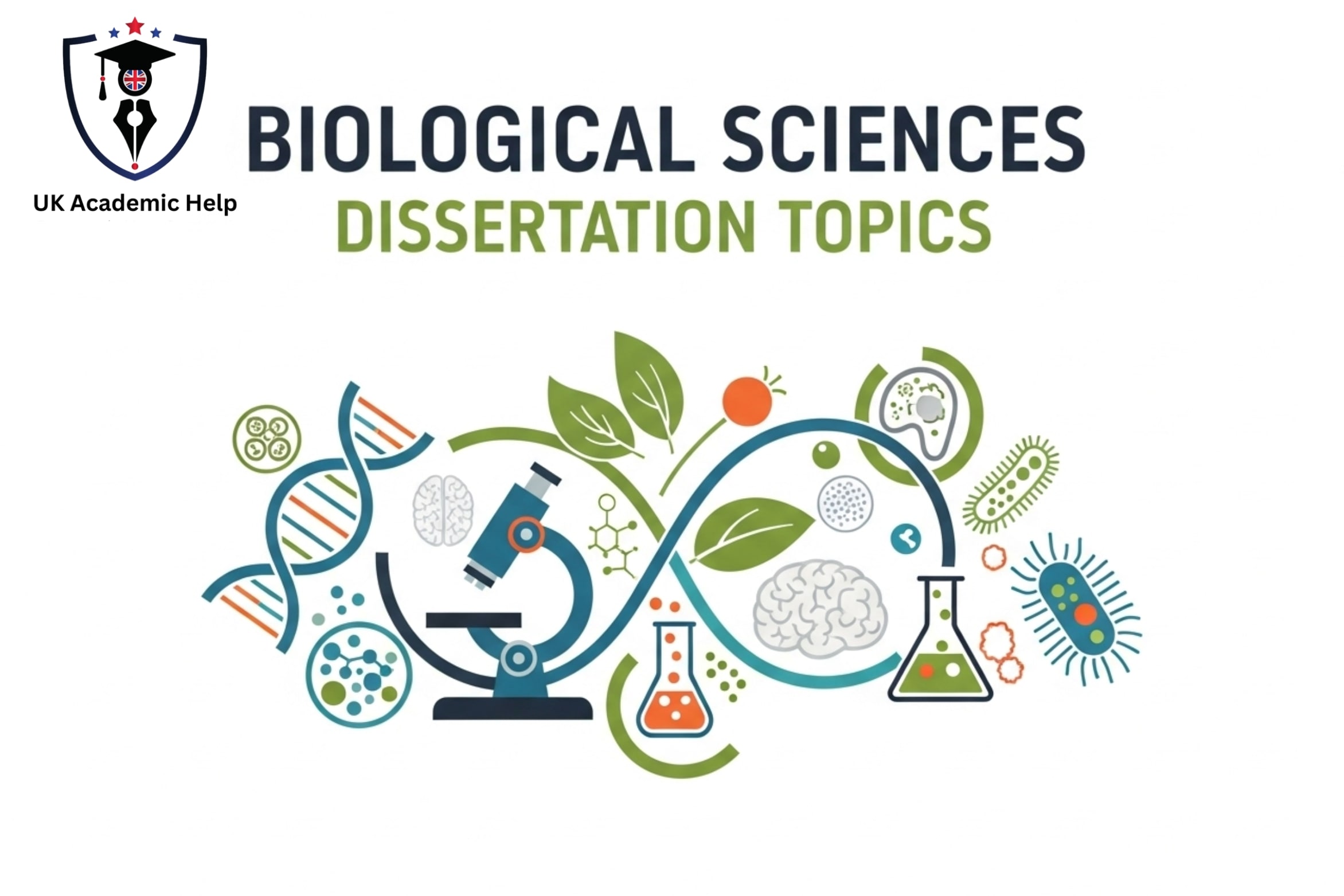
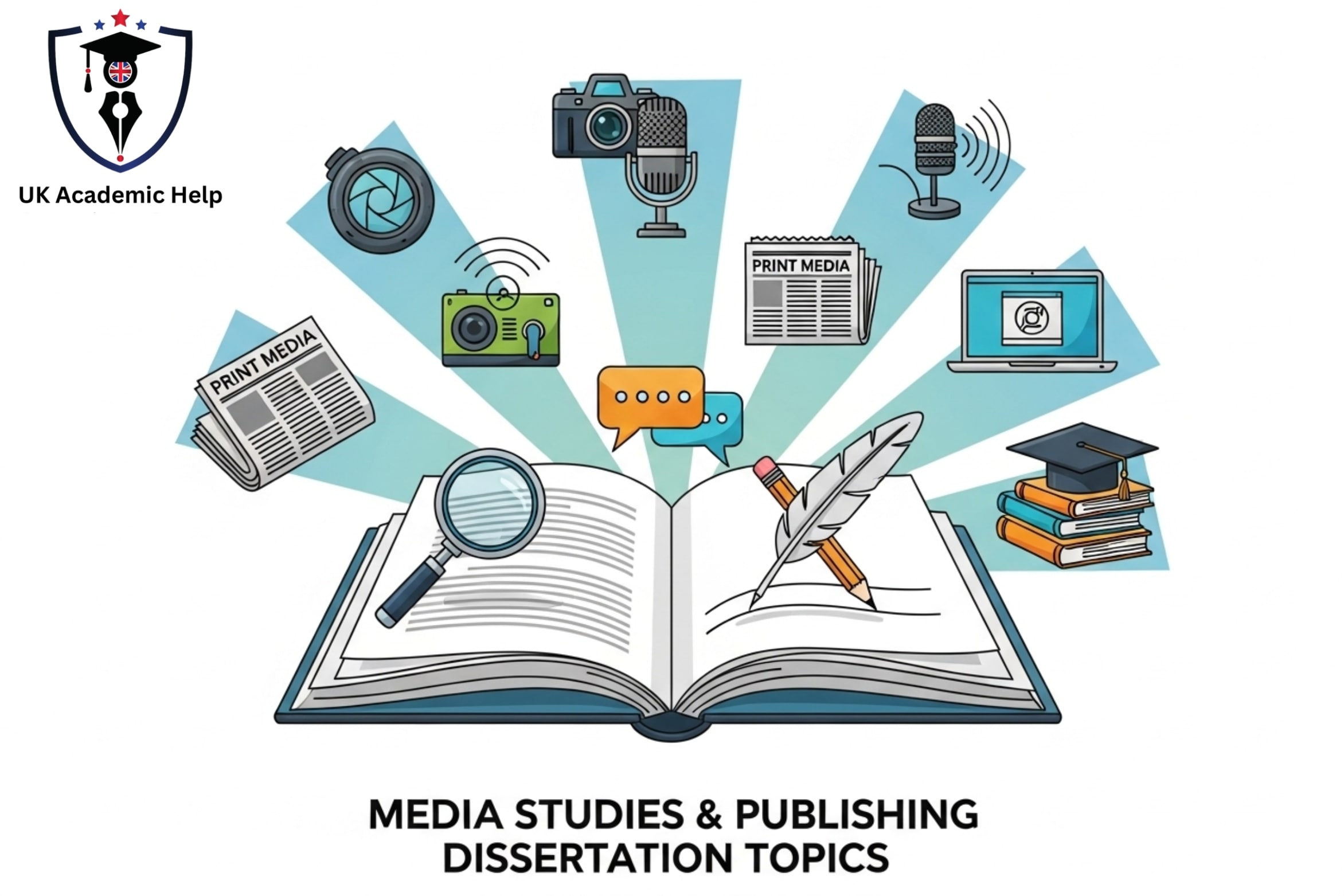
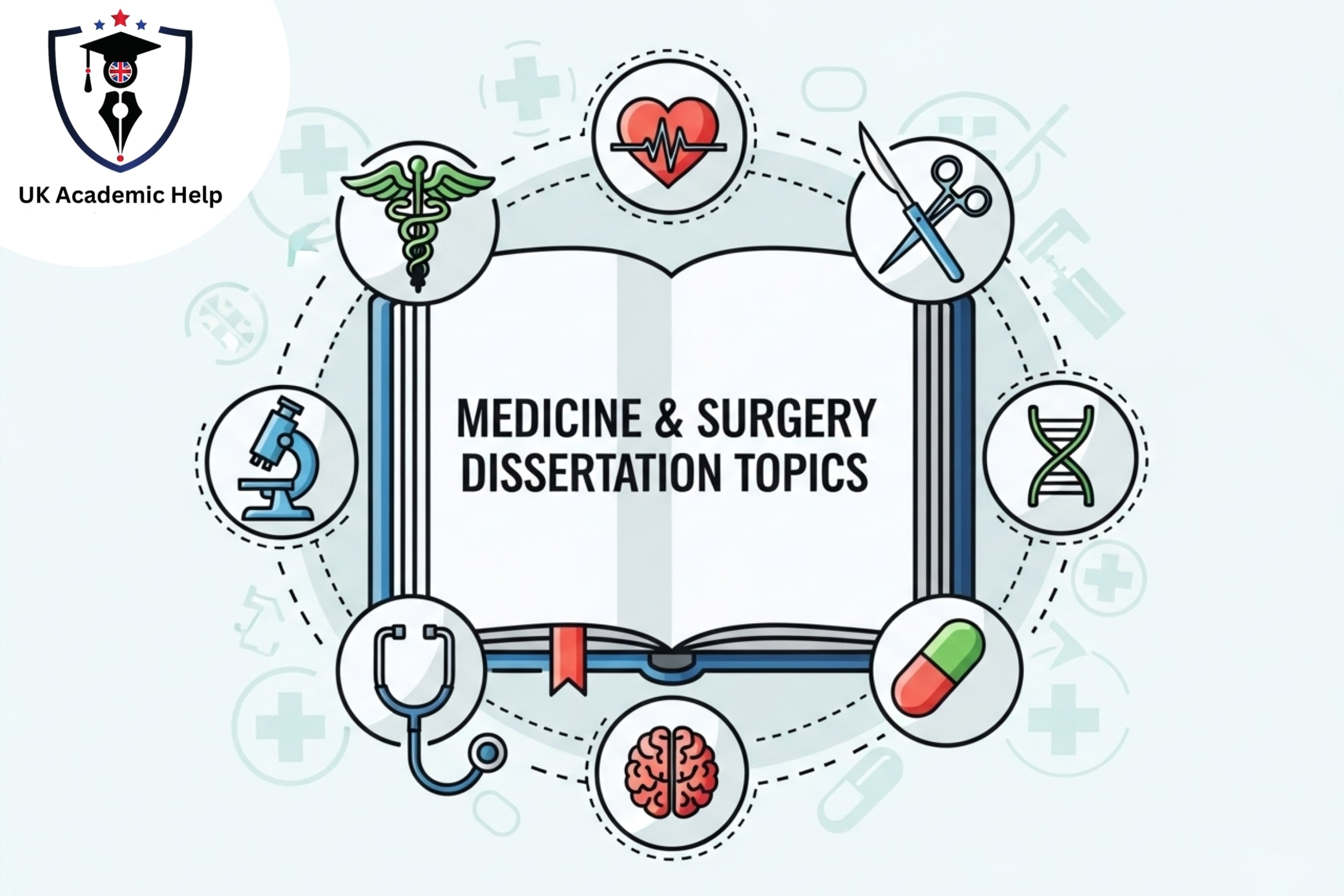
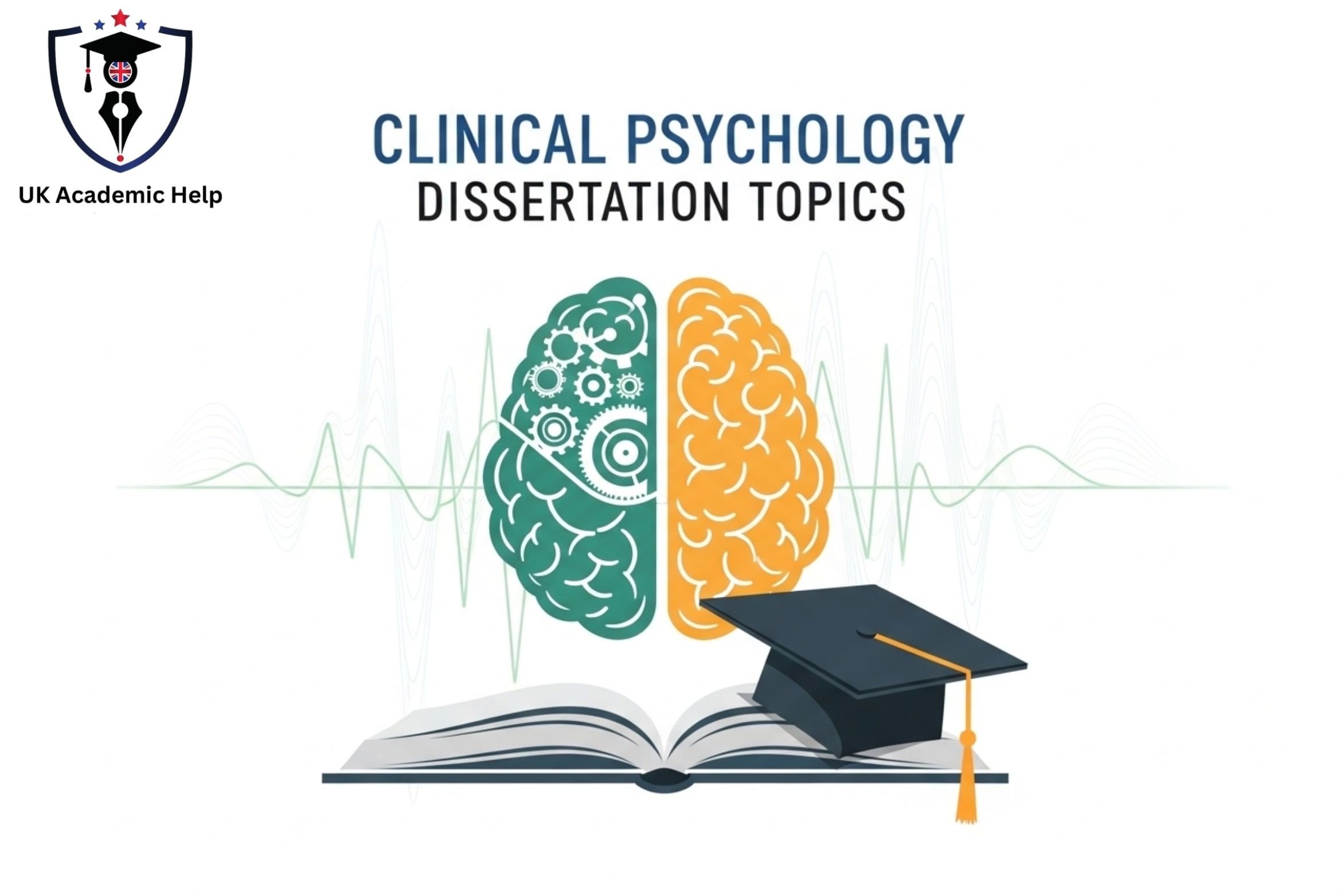
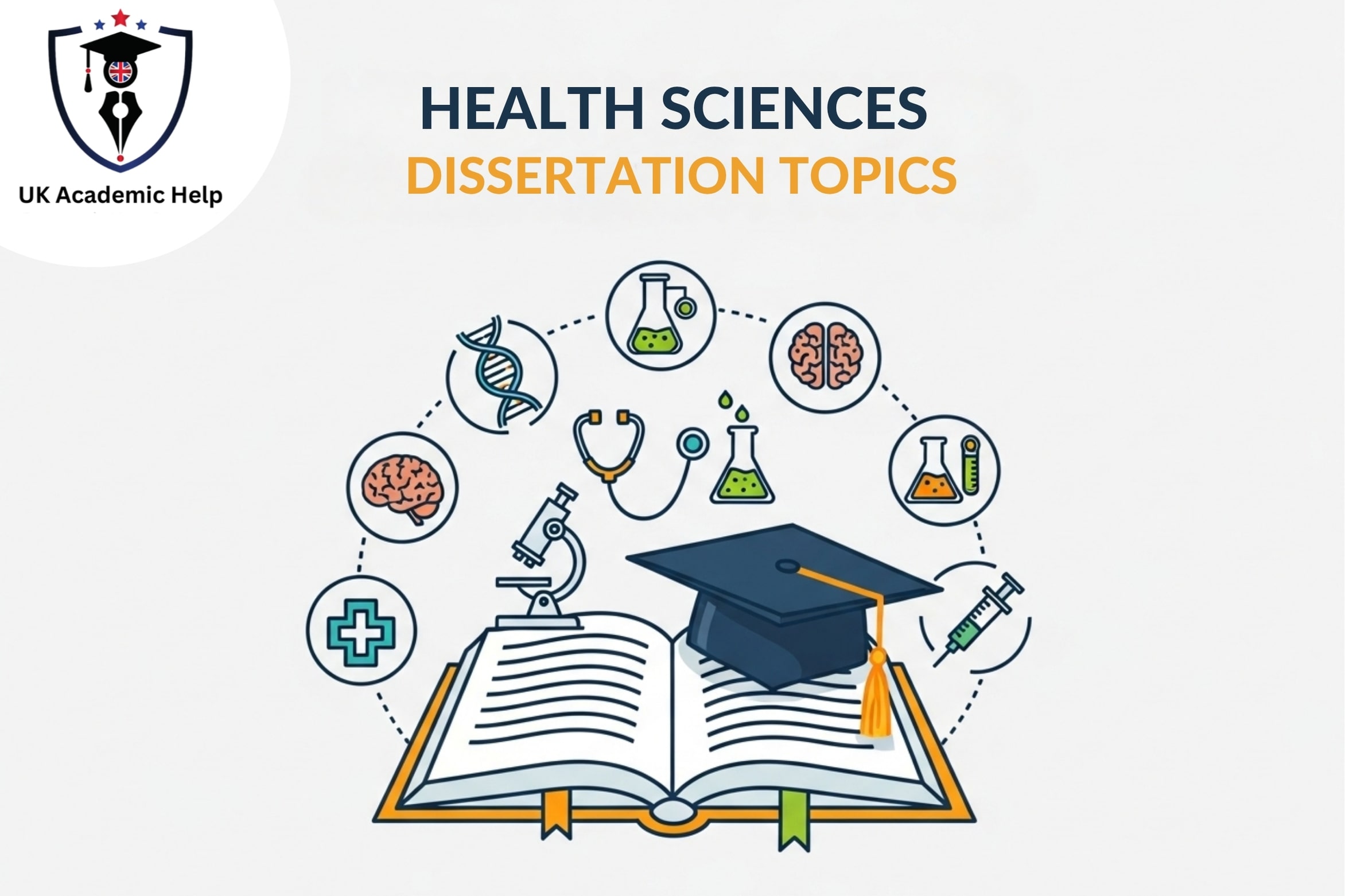


Leave A Comment